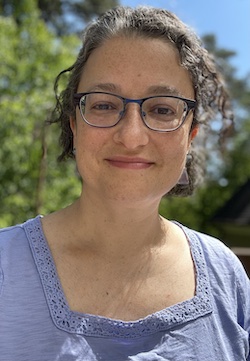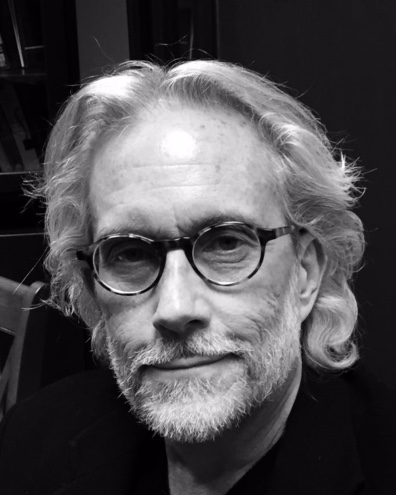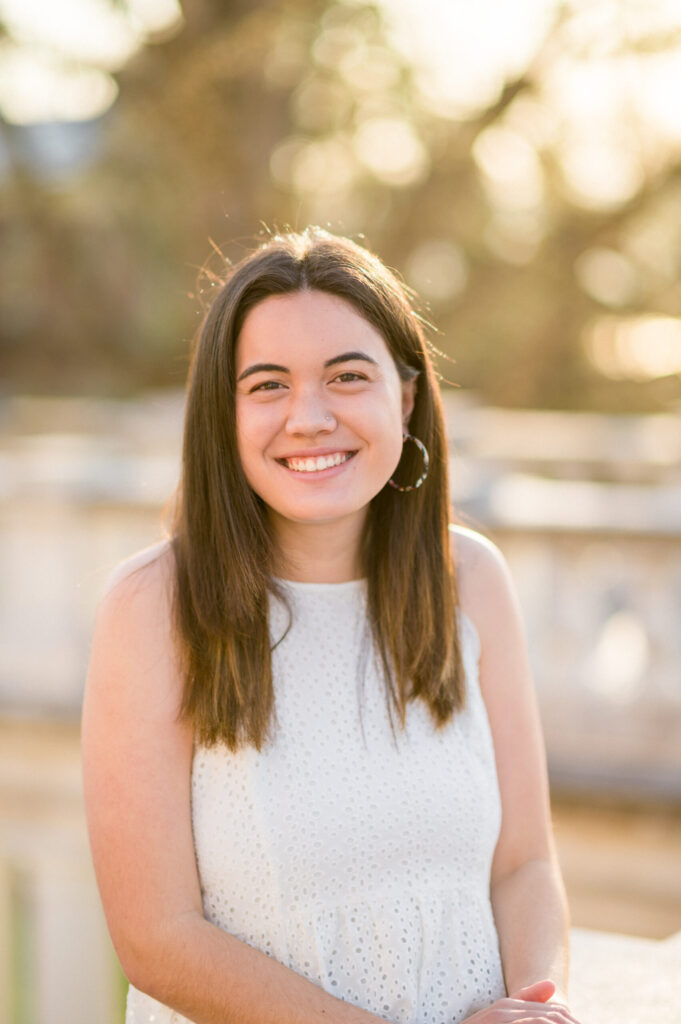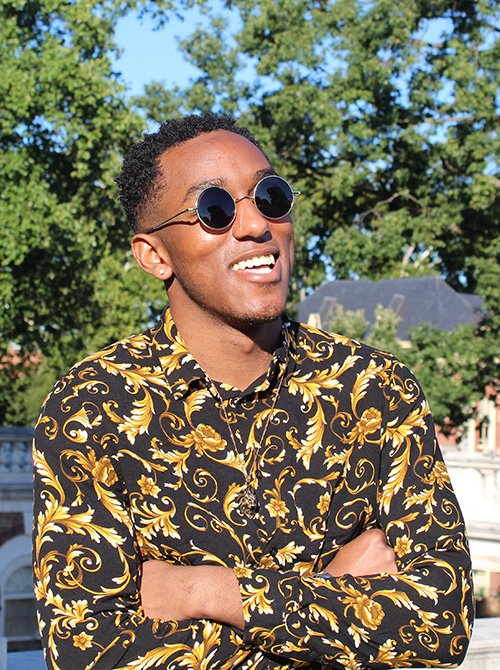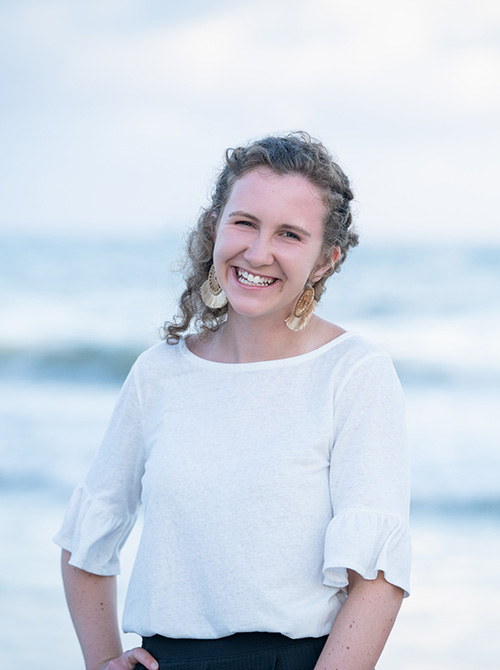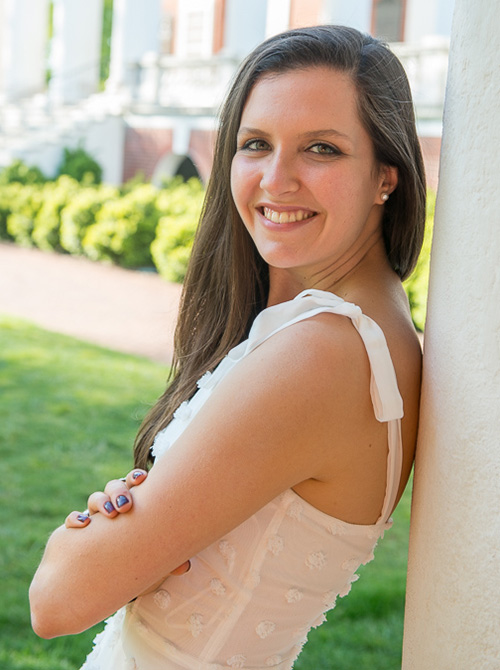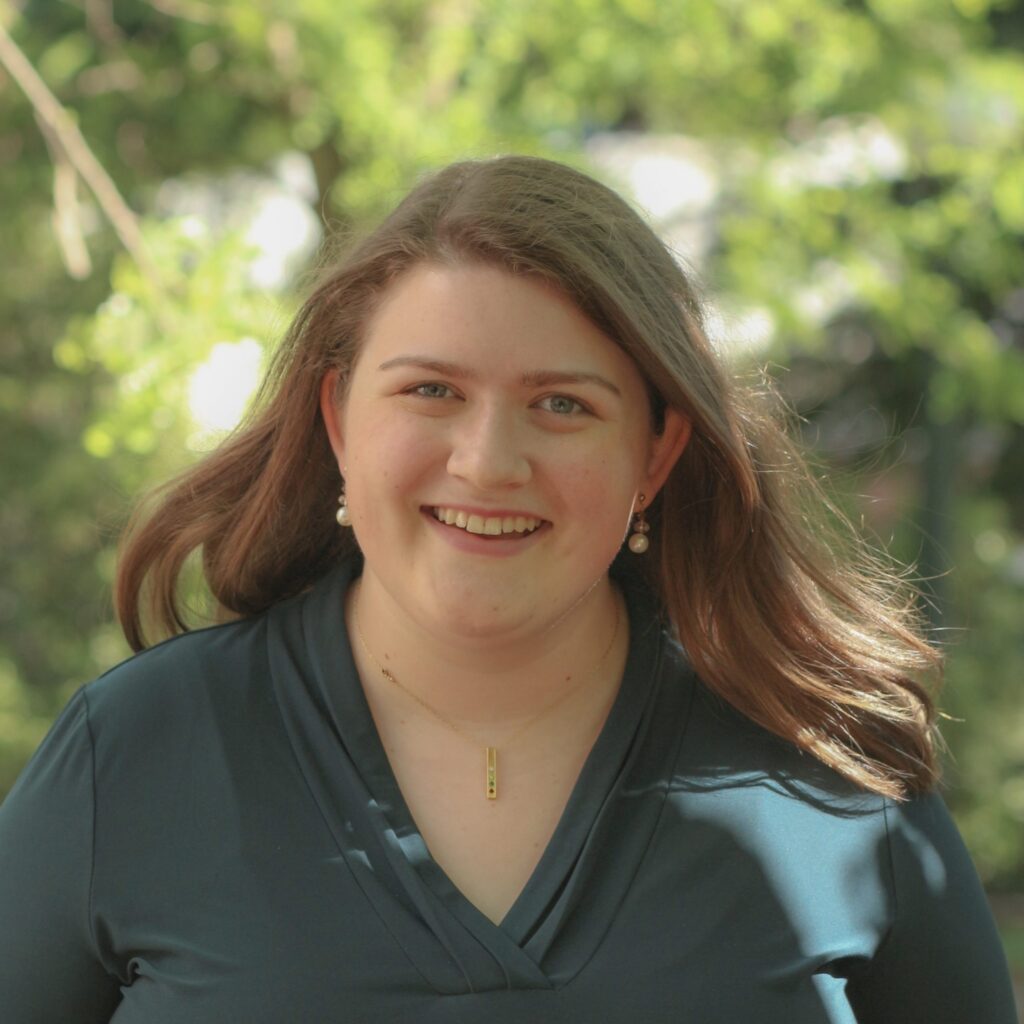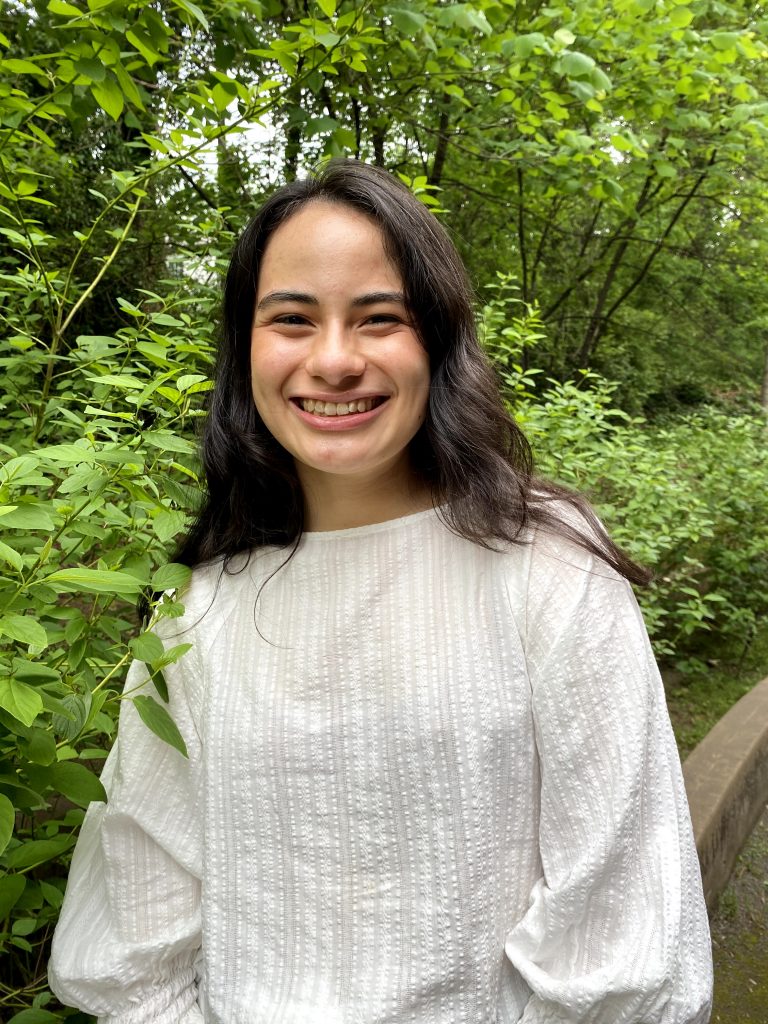The Project on Lived Theology is happy to be sharing our office space in the University of Virginia’s Gibson Hall with Brook Wilensky-Lanford.
As a postdoctoral research associate in UVA’s Department of Religious Studies, Wilensky-Lanford will work with Kathleen Flake, who serves as the Richard Lyman Bushman Professor of Mormon Studies. Wilensky-Lanford will also manage conferences, events, and media projects for the Virginia Center for the Study of Religion. The Center, which is housed in the religious studies department, aims to “help people think better about religion.”
“This position brings together my academic background as a scholar of American religious history and literature, and my previous career as a journalist, editor, and writing teacher,” said Wilensky-Lanford.
Intrigued by utopias, origin stories, religious liberalism, and spirituality, Wilensky-Lanford wrote the book Paradise Lust: Searching for the Garden of Eden (Grove Press, 2011). She earned her PhD in American Religion from the University of North Carolina at Chapel Hill in 2021. Her dissertation, “‘Keep the Pearly Gates Ajar for Me’: The Racial Politics of Heaven, 1868-1909,” traces the literary history and racial politics of the “accessible heaven” between the Civil War and World War I. This past August, she appeared on The Classical Ideas Podcast to discuss her academic work on historical narratives of heaven and heavenly access.
In addition to serving as the editor-in-chief of the online magazine Killing the Buddha from 2011 to 2018, Wilensky-Lanford’s writing has appeared in the New Republic, the Guardian, the Boston Globe, the San Francisco Chronicle, and the New Yorker books blog, among other outlets
Wilensky-Lanford earned an MFA in Nonfiction Writing from Columbia University and a BA from Wesleyan University in Theater and Religion. She has taught creative and academic writing at the City University of New York and elsewhere. According to Wilensky-Lanford, she “love[s] helping people tell stories about how religion works in the world, in all its strangeness and complexity.”
Follow Brook Wilensky-Lanford on Twitter at @modmyth.
The Project on Lived Theology at the University of Virginia is a research initiative, whose mission is to study the social consequences of theological ideas for the sake of a more just and compassionate world.

